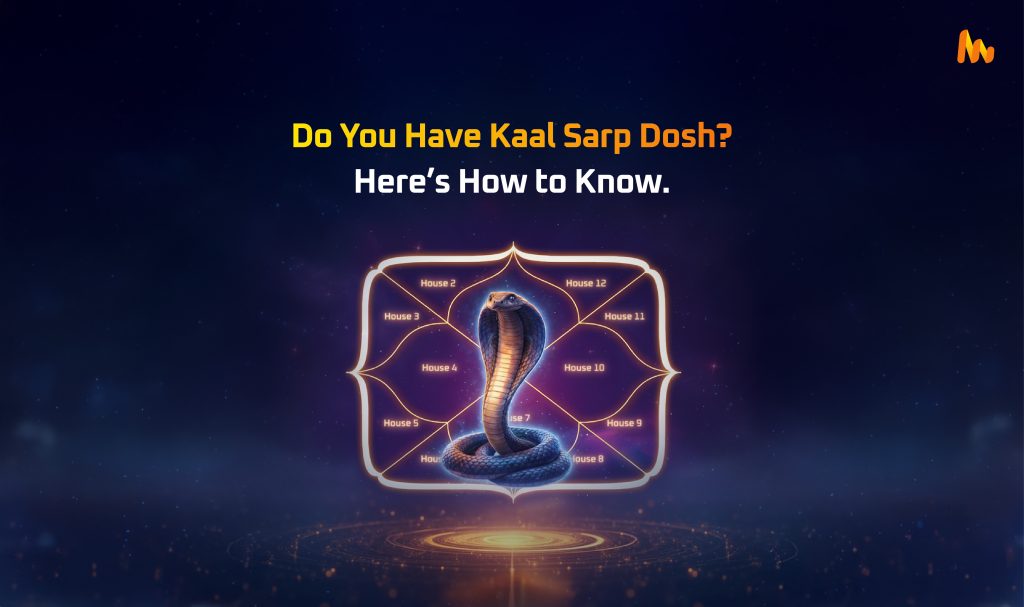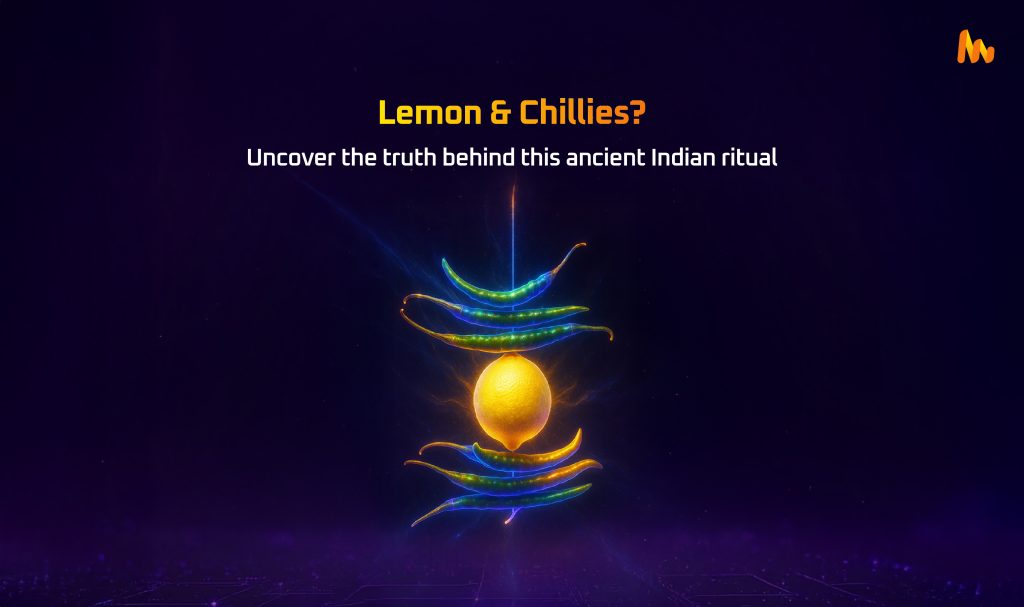Kundali Matching — also known as Kundli Milan or Cosmic Compatibility, is one of the most discussed, debated, and sometimes misunderstood rituals in Indian culture, especially when it comes to marriage.
While rooted in the ancient science of Vedic astrology, this practice has been overshadowed by modern skepticism, pop-culture portrayals, and half-truths passed down through generations.
Let’s clear the fog.
In this blog, we’ll bust the top 5 myths about Kundali Matching and shed light on what really goes into this sacred compatibility check.
Whether you’re a believer, a skeptic, or simply curious you might be surprised by the truth behind these common misconceptions.
Myth 1: Kundali Matching Is Just About Scoring Points Out of 36
The Belief:
If the couple scores more than 18 out of 36 points in Guna Milan, they’re a good match. If not, they are a bad match.
The Truth:
The Ashtakoota system, which gives a 36-point score, is just one part of Kundali Matching. It assesses compatibility across eight aspects, such as emotional alignment, health, longevity, and mutual understanding. However, it doesn’t account for planetary doshas, individual dashas, or life path compatibility which are equally important.
A couple may score a perfect 36 and still face challenges due to underlying Mangal dosha, unfavorable planetary aspects, or timing of life events. Likewise, a lower score doesn’t always mean a failed relationship as other astrological and personal factors can balance things out.
Kundali Matching is less about numbers and more about narratives the cosmic story two individuals are writing together.
Myth 2: If One Person is Manglik, the Marriage is Cursed
The Belief:
Mars is the planet of war, and if someone has Manglik Dosha, it means disaster for marriage — especially if the partner is non-Manglik.
The Truth:
The fear around Manglik Dosha has been widely exaggerated. While Mars can influence aggression, energy, and passion, the impact of Manglik Dosha depends on multiple factors, including the house it’s in, the strength of Mars, and the overall chart configuration.
There are also several types of Manglik Dosha cancellations, and many horoscopes that appear “Manglik” at first glance actually aren’t dangerous at all. In fact, some Manglik individuals have successful, balanced marriages often because their partners complement their fiery energy with calm and grounding traits.
Instead of fearing Manglik Dosha, it’s important to understand its real intensity and context. It’s not a curse; it’s an indication of temperament and emotional energy that can be worked with or even celebrated when understood correctly.
Myth 3: Kundali Matching is Irrelevant for Modern Relationships
The Belief:
Kundali Matching only applies to traditional arranged marriages. Today, love, understanding, and communication matter more than horoscopes.
The Truth:
While love and communication are the cornerstones of any strong relationship, Kundali Matching offers deeper insights into emotional dynamics, personality patterns, and long-term compatibility.
In many ways, astrology is the ancient version of modern psychology and relationship profiling. It can reveal how each partner approaches trust, intimacy, conflict resolution, career goals, and even emotional needs.
Kundali Matching isn’t about replacing choice with superstition. Instead, it’s about making more conscious, informed decisions. Think of it as a compatibility lens, a way to look at your relationship from another dimension, beyond the physical and emotional, into the cosmic.
In fact, many modern couples even those in live-in or long-distance relationships consult Kundali Matching not for validation, but for clarity and understanding.
💡Tip: If you are exploring a new relationship or looking to deepen an existing one; that’s exactly what VedVaani’s Kundali Milan Compatibility Report offers. A modern, detailed, and personalised take on your love story.
Myth 4: Horoscope Matching Only Looks at the Couple’s Individual Charts
The Belief:
Kundali Matching only considers the bride and groom’s horoscopes and ignores everything else.
The Truth:
While the primary focus is indeed on the charts of the couple, advanced compatibility assessments often go deeper. For instance:
- Dasha analysis looks at the timing of life events and whether both partners are in harmonious periods.
- Navamsa charts reveal deeper layers of compatibility, especially emotional and spiritual alignment.
- Rahu and Ketu placements explore karmic patterns and past-life connections.
- Some astrologers even glance at parental charts or generational influences to understand family dynamics.
Marriage isn’t just about two people — it’s about two emotional ecosystems coming together. Kundali Matching tries to make sense of how these energies interact, and whether they harmonize or clash.
Myth 5: A Perfect Match Guarantees a Perfect Marriage
The Belief:
If Kundalis matches well, the marriage will automatically be happy, harmonious, and lifelong.
The Truth:
This is perhaps the biggest misunderstanding. A compatible Kundali can indicate smooth synergy, but it does not promise perfection or immunity from challenges.
Just like a car with the best engine still needs regular maintenance, a relationship even one with great astrological alignment requires effort, empathy, compromise, and conscious growth.
Astrology can indicate whether two people are likely to complement or challenge each other, and how they may handle life’s ups and downs. But the real work is done through everyday actions, not just planetary positions.
In fact, some of the most successful marriages are those where both partners actively learn from each other, evolve together, and use insights whether astrological or emotional to navigate life hand-in-hand.
So, Is Kundali Matching Still Worth It?
Absolutely, as long as you understand what it is and what it isn’t.
Kundali Matching is not a yes/no checkbox. It’s a spiritual and psychological tool that helps reveal:
- Emotional alignment
- Karmic compatibility
- Conflict patterns
- Communication styles
- Shared life purpose
Think of it as a mirror to your relationship’s deeper layers — revealing not just strengths but also potential blind spots. When approached with maturity and curiosity, it becomes a tool for growth, not judgment.
Conclusion
As we move toward a more conscious, emotionally intelligent society, it’s time to shift the narrative around Kundali Matching. It’s not a superstition to fear or a tradition to blindly follow — it’s a timeless system of cosmic compatibility that still has a place in modern love stories.
Instead of relying solely on point-based systems or outdated notions, couples today have the opportunity to explore holistic compatibility reports that combine ancient knowledge with modern interpretations.
And if you’re seeking such an evolved perspective, platforms like VedVaani offer comprehensive Kundali Milan Compatibility Report that decode planetary alignments into simple, actionable insights. It’s astrology without the jargon, designed to empower — not confuse.
Because in the end, love may be written in the stars — but understanding that language? That’s where the real magic lies.






